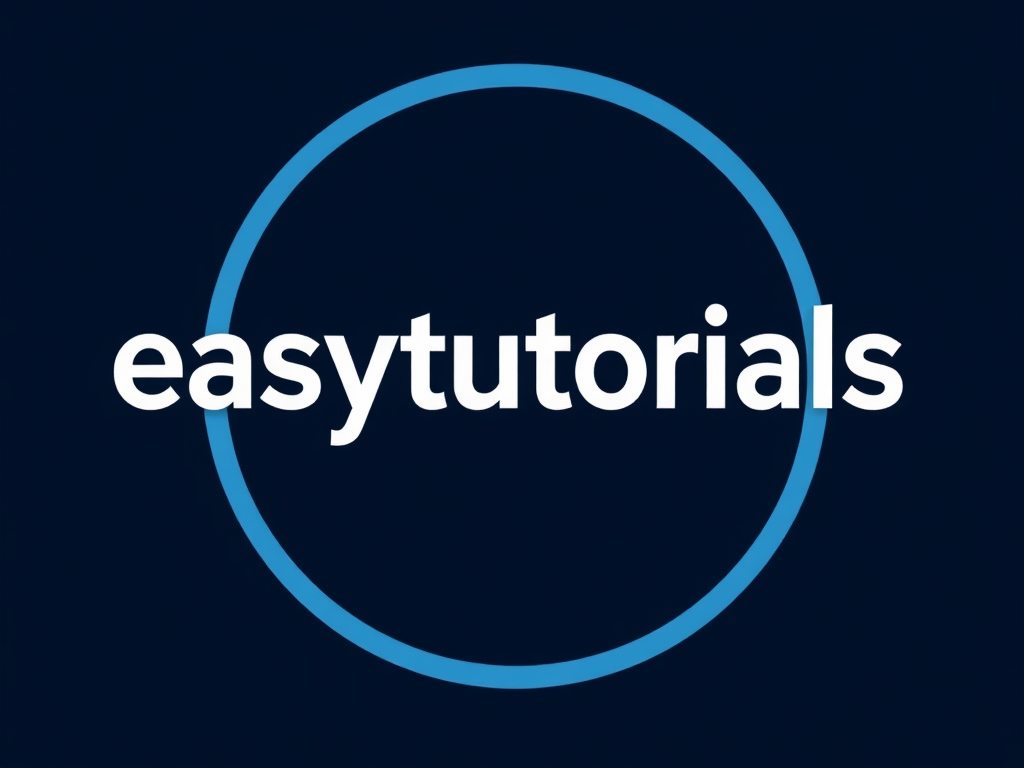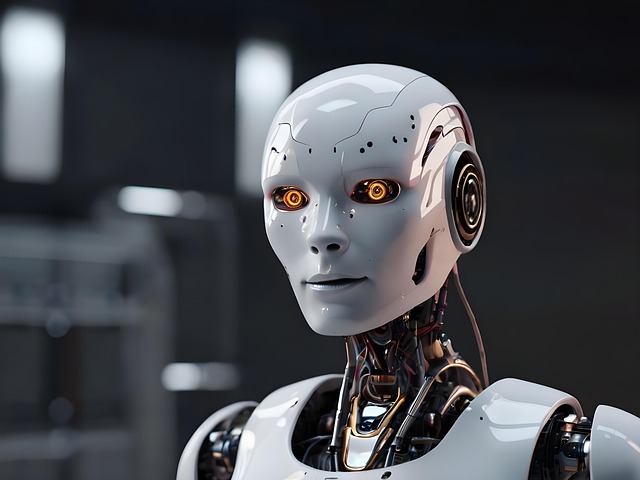AI employees transform how businesses handle daily tasks, from customer support to data analysis. They work nonstop, adapt to your brand, and free up valuable time—delivering tailored assistance that grows with your company. By integrating AI helpers, companies can boost efficiency and global reach without expanding their workforce, unlocking new levels of productivity and streamlined growth.
Understanding AI Employees and Their Role in Modern Business
AI employee represents a significant evolution from traditional automation tools, functioning as an intelligent digital workforce capable of autonomous decision-making. These advanced virtual assistants adapt across industries—supporting healthcare with scheduling, finance with data analysis, or customer service with 24/7 engagement. Unlike basic bots, AI employees perform complex tasks such as managing customer inquiries, writing SEO content, or handling HR functions seamlessly.
Additional reading : Unlocking the advantages of cloud computing for uk businesses
The summaries from Marblism.com and WebPilot highlight their ability to automate routine operations, saving both time and costs—up to 10 hours weekly, according to user feedback. They integrate easily with existing tools like Gmail, Slack, or CRM systems, offering scalable solutions without heavy technical requirements.
This integration streamlines workflows, enhances employee productivity, and lowers operational expenses. As businesses increasingly adopt AI in workforce management, ai employee solutions are poised to redefine how organizations optimize performance and improve overall employee engagement strategies.
Also to read : Navigating tech advances: strategies for uk consumers to stay ahead
Core Applications and Use Cases of AI Employees
Automating Routine Tasks in Business Operations
Virtual employee assistants are revolutionizing how businesses tackle repetitive assignments. These AI-powered solutions handle customer ticket routing, appointment scheduling, and compliance tracking—enabling true AI employee task automation. Companies implement AI tools for employee training to personalize onboarding content, automatically update learning modules, and ensure regulatory standards are met. Through predictive analytics, these platforms also support automated performance reviews, making employee experience enhancement using AI an attainable reality for businesses of any size. Such advancements lead to improved accuracy and considerable time savings.
AI-powered employee monitoring solutions facilitate real-time analytics, identifying workflow bottlenecks and acting as digital workforce integration agents. Automated notifications and reminders keep teams aligned, while AI-based recruitment assistance sifts through resumes, highlighting ideal candidates, and freeing HR teams for more strategic efforts. AI tools for employee compliance tracking ensure timely completion of training and adherence to internal policies.
Enhancing Customer Support and Engagement
AI employee communication tools create a bridge between 24/7 AI employee support platforms and day-to-day operations. Virtual assistants and chatbots answer routine questions, escalate complex cases, and collect valuable feedback using AI-driven employee feedback systems.
Improving Workforce Efficiency and Collaboration
Employee scheduling automation and AI employee schedule generators optimize shift patterns, helping balance workloads. Smart integration with popular business ecosystems means AI-enhanced employee collaboration tools boost productivity and facilitate seamless teamwork, ensuring continuous business growth.
Strategic Benefits and Challenges of Deploying AI Employees
AI in employee onboarding processes offers cost reduction and increased productivity from the outset. Precision: AI employees minimize manual onboarding tasks, speeding up document review and training. For example, employee scheduling automation and AI employee task automation ensure new hires are quickly integrated, reducing delays. Automated performance reviews and AI-generated employee handbooks mean core compliance steps are tracked without constant HR oversight. Turnaround times for setting up accounts or distributing policies are dramatically shortened, saving businesses significant labor costs.
Yet, AI employee data security considerations cannot be overlooked. Modern platforms follow strict encryption and compliance frameworks to address ethical issues in AI employee deployment. To safeguard personal data, AI employee communication tools must support encrypted messaging, and access controls that align with data privacy laws. Opacity in AI decision-making highlights the need for transparency in AI employee workflow optimization; this builds team trust and makes audit trails straightforward.
Leveraging AI for employee retention means using AI-driven employee feedback systems and predictive analytics for employee performance. These approaches support early issue identification, advanced employee satisfaction measurement with AI, and tailored solutions for team wellbeing. Human-AI collaboration helps businesses overcome initial resistance, maximizing both employee experience enhancement using AI and overall operational efficiency.
Leading Platforms and Future Trends in AI Workforce Solutions
Overview of Top AI Employee Platforms
Sintra deploys AI digital assistants for employee support that learn unique business needs, from managing projects to automating social media. These helpers handle routine tasks such as employee scheduling automation, data summaries, and personalized email management, which ensures continuous productivity even when human teams are offline. Sintra’s AI employee productivity improvement systems adapt over time to optimize workflows, integrating with existing software to provide round-the-clock support and team collaboration in multiple languages.
Lindy’s platform focuses on scalable AI in employee management by networking AI agents across business functions. Its tools automate performance reviews, support adaptive employee role adaptation strategies, and deliver predictive analytics for employee performance. By combining AI employee engagement strategies with user-friendly onboarding, Lindy facilitates digital workforce integration and streamlines HR decision-making.
Motion’s system automates task assignment and monitors productivity through robust employee productivity analytics. Its AI employee task automation saves hours each week on project and resource planning. Sophisticated AI enhances employee experience and communication through AI-enhanced employee collaboration tools, balancing workloads and tracking real-time progress.
https://marblism.com specializes in using AI for workforce optimization, leveraging AI employee schedule generators and virtual assistants. These solutions centralize compliance tracking, onboarding, and strategic planning, addressing practical business needs with cost-effective digital workforce integration.
Emerging Trends and the Future of AI Employees
AI in employee management is increasingly defined by adaptable, AI digital assistants for employee support tailored to unique company cultures. These assistants support continuous improvement, from AI in employee feedback analysis to supporting mental health and work-life balance with AI and employee mental health solutions. As businesses scale, AI employee productivity improvement is driven by the integration of AI-powered employee monitoring solutions and real-time analytics, allowing management to proactively refine employee scheduling automation and develop predictive analytics for employee performance.
Future AI solutions will broaden integration across company culture, embedding ethical frameworks in the deployment cycle. Efforts will focus on creating fair, transparent systems for leveraging AI employee engagement strategies and automating routine HR and operational decision-making. Strategic use of AI for employee training, onboarding processes, and feedback will encourage creative problem-solving, while AI digital assistants for employee support will actively shape workplace environments and career growth.
Regulatory attention and an evolving ethical landscape continue to influence how AI in employee management is practiced, especially in privacy, security, and bias mitigation. As personalization scales, AI will evolve from support tools to strategic business partners, accelerating workflow efficiency and productivity for organizations investing in AI employee productivity improvement and digital workforce integration.




